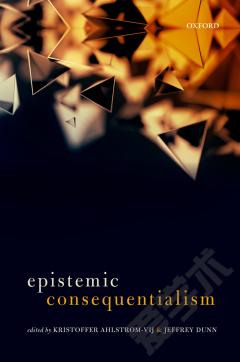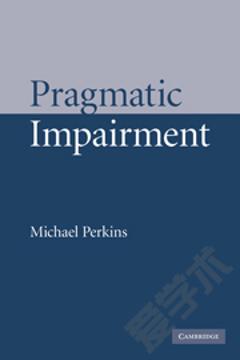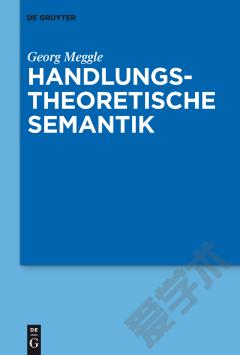Epistemic Justification
Richard Swinburne offers an original treatment of a question at the heart of epistemology: what makes a belief a rational one, or one which the believer is justified in holding? He maps the many different accounts of epistemic justification, and distinguishes the different kinds of justification that they identify. He argues that while most kinds of justification are worth having, only one kind —internalist justification — can guide a believer's actions. And he shows how probability theory can illuminate the role of empirical evidence in the justification of belief.
{{comment.content}}








 京公网安备 11010802027623号
京公网安备 11010802027623号